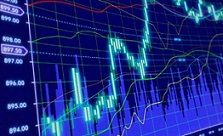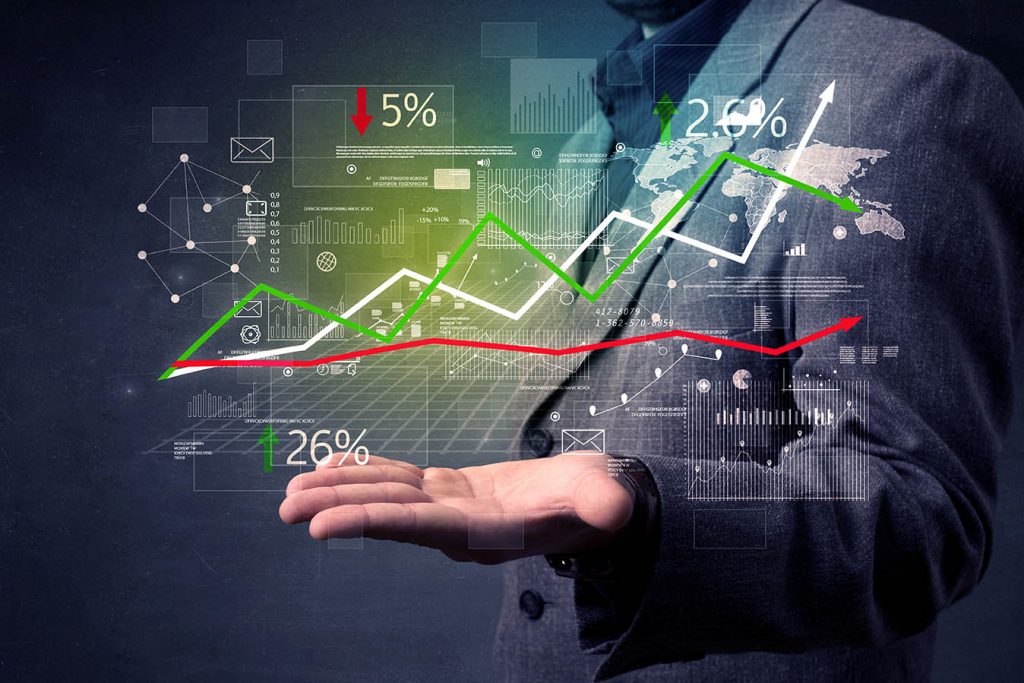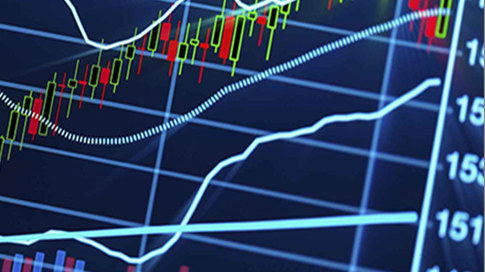Best Crypto CFD Brokers in Australia
October 20, 2020TD365.com Review
October 21, 2020Compare The Best DMA Brokers in 2023
Are you thinking about trading DMA CFDs but uncertain where to start your DMA Broker search? Or a newbie looking to learn more about DMA CFDs? Either way, you have come to the right place!
You can use a DMA (Direct Market Access) broker to trade live stock and FX market prices. DMA trading differs from other types of brokerage like Market Making (MM) or ECN and below we explain the differences, as well as the benefits of trading DMA CFDs.
We have also listed some of the leading DMA brokers that you may wish to use.
DMA is a type of online trading execution where traders can directly access the live, underlying market exchange. With DMA, trade orders are sent directly through to the underlying exchange without trade desk intervention. This typically means that trade orders are filled at the market price without re-quotes.
DMA trading gives you a significant edge over other methods of trading, such as a market maker broker model, because with DMA you are buying & selling at the true bid and offer price, rather than at a broker’s price, (market maker). More on the benefits below.
As the name suggests, Direct Market Access CFDs lets traders access the live cash exchange markets using CFDs to trade.
When you place a DMA order with a CFD broker like Pepperstone or FP Markets, your order is submitted to the relevant exchange and entered into the market. When your order has been accepted and filled, the price on the broker’s DMA trading platform would update accordingly.
DMA CFDs allow traders the added benefit of being able to enter or exit trades at a more favourable price. This gives them a major advantage over other traders that use a market maker broker. When a DMA CFD trader places an order, that order is instantly shown on the relevant stock exchange and will have an effect on the share price of that particular stock. That is why DMA CFD traders are often referred to as ‘price makers’.
It is important to note that DMA CFD trading is only possible on stocks and Forex. Traders looking to trade Indices, Crypto or Commodities will require the services of a CFD broker that operates as a Market Maker.
By now, you’re probably aware that there are differing “broker models” (i.e. how a broker runs their trade desk and makes their money). You may have heard of the terms DMA, ECN, STP and Market Maker – all are differing broker models.What is a Market Maker?
As the name suggests, Market Makers create (or make) a market for their retail clients. This ‘made’ market is derived from the live, underlying exchange price/s, however it will never replicate the exact exchange price.
When you trade with a market maker broker, you are trading against them as they will be taking the opposite side of your trade. To be clear, your interests of making a profit from your trades is NOT aligned with the interests of the market maker broker – they want you to lose as they will profit!
What is an STP Broker?
STP stands for ‘Straight Through Processing‘ and these are brokers that operate a non-dealing desk and therefore send all their client’s trades straight to their LP’s (Liquidity Providers, i.e. major banks) for trade execution. The main advantages of using an STP broker are; faster order execution time, reduce or eliminate slippage/ re-quotes and better pricing.
What is an ECN Broker?
ECN stands for ‘Electronic Communication Network‘ and ECN brokers offer pricing from several different LPs. They list the differing bid and ask prices to their clients, along with the market depth and order book so their clients can assess who is buying/ selling and then decide which way they wish to trade. Essentially, ECN brokers provide their traders with direct market access and then pass their trades straight (STP) to the LPs for processing and execution.
- DMA brokers will always send your order/ trade to the relevant exchange via their prime broker. Clients will then be able to see the order in the market depth
- Orders are typically filled based on last done price, according to price/ time priority, not not bid & ask pricing
- Commissions will generally be higher on a DMA trading platform. However, as DMA CFD prices mirror the underlying market, there should be no added spread to the bid/ask price.
Furthermore, DMA CFD brokers will always have the most transparent pricing because their pricing will mirror the underlying market. DMA clients are able to influence the bid & offer prices by adding orders to the order book at their sought-after price (and quantity amount). Once a DMA client submits an order, that order will appear in the market depth of the underlying market.
Trading DMA CFDs differs from trading Market Maker CFDs because a market maker is creating its own prices based on the underlying market.
A dealing desk broker is a market maker broker. A market maker will provide trade execution in-house at it’s own prices using their own dealing/ trading team. Dealing desk brokers (market makers) profit when their clients lose money and lose money when their clients win their trades.
Non-dealing desk brokers do not have in-house dealing desk teams. Instead, they pass their client’s trades straight to their liquidity providers, who will execute these trades for the client. Unlike dealing desk broker’s, there is no conflict of interest with a non-dealing desk broker model as they are merely a bystander in the trading process.
Trading DMA CFDs via a DMA trading platform is highly recommended for advanced traders only, who understand what they are doing and are more familiar with the intricacies of online trading.
It is also suitable for larger-sized investors, who are looking to execute DMA trades in much higher volume than a typical trader.
A typical DMA trader is typically an experienced trader, as well as “buy-side” company’s like large hedge funds, pension/ superannuation funds and private equity firms.



